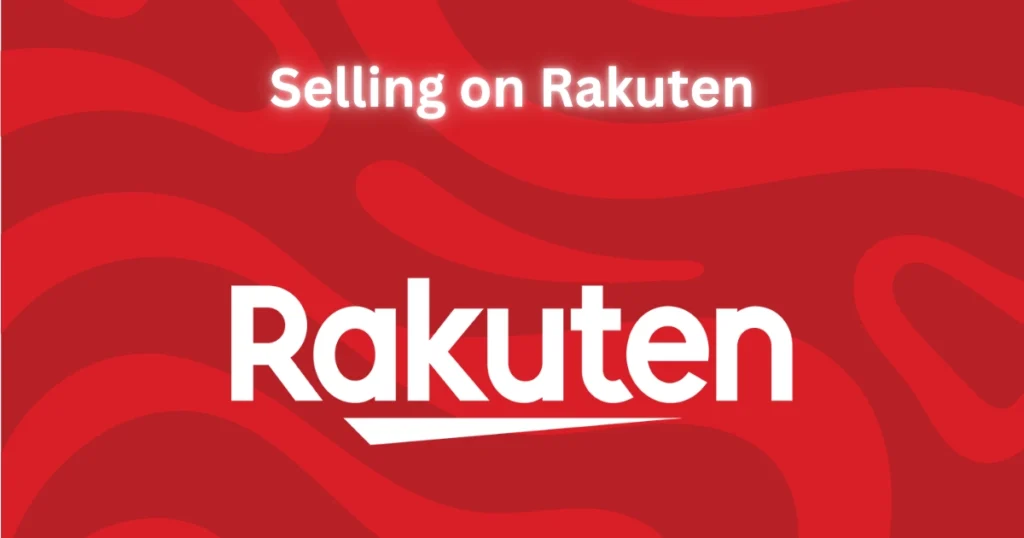While you can list products on Rakuten, there are some upfront costs . This makes it more expensive to start than some other online earning methods, but not excessively so.
Earnings on Rakuten can grow as your sales increase, but growth is often tied to factors like marketing efforts, product demand, and customer service.
Rakuten does not offer a purely passive income model. Selling requires constant effort to manage inventory, respond to customers, and process orders.
Rakuten has a large and growing customer base, especially in Japan. However, its international presence is limited compared to global platforms like Amazon or eBay.
Rakuten has significant competition from other sellers on the platform. However, it may still have less competition compared to global giants like Amazon, particularly in specific niches.
It takes time to set up a store, list products, and build a customer base. Earnings are not instant and depend on factors such as traffic to your store and successful transactions.
Long-Term Stability:
Rakuten is a well-established platform, providing a relatively stable market for sellers. However, economic shifts, market trends, or platform changes can still impact long-term stability.
There is a risk of failure if you do not manage your store effectively or if your products do not gain traction. While the platform is reputable, it requires effort to succeed.
Newcomers can enter the market with relative ease, but they must be prepared for stiff competition and the need to market their products. Sellers who have already established a presence have an advantage.
Rakuten can be affected by shifts in the economy or consumer preferences, though it is relatively stable. New features or changes on the platform can impact sellers’ businesses.
Rakuten is not globally accessible to the same extent as platforms like Amazon. It is primarily strong in Japan, and international sellers may find it harder to tap into other regions.
Selling on Rakuten requires basic e-commerce knowledge and an understanding of how to market products, handle orders, and interact with customers.
Rakuten provides multiple payment options, but the process is not as immediate or flexible as other global platforms like PayPal or direct bank transfers in all regions.
Earning money on Rakuten requires continuous effort in terms of listing, marketing, and managing customer relations. While the platform offers exposure, making money is not guaranteed and requires active engagement.
